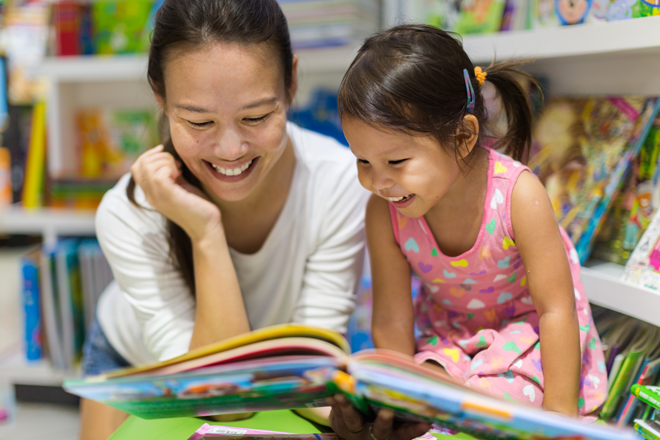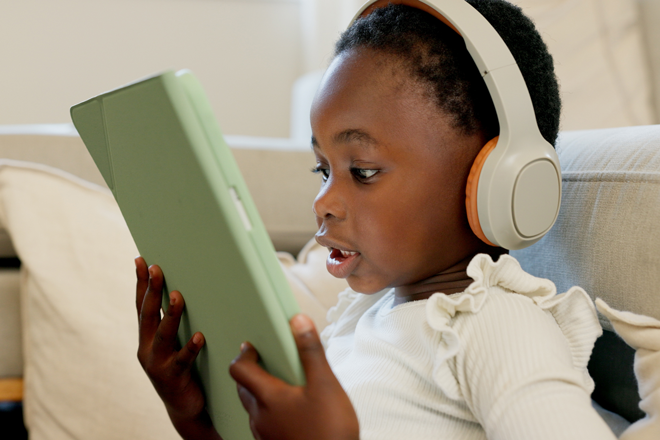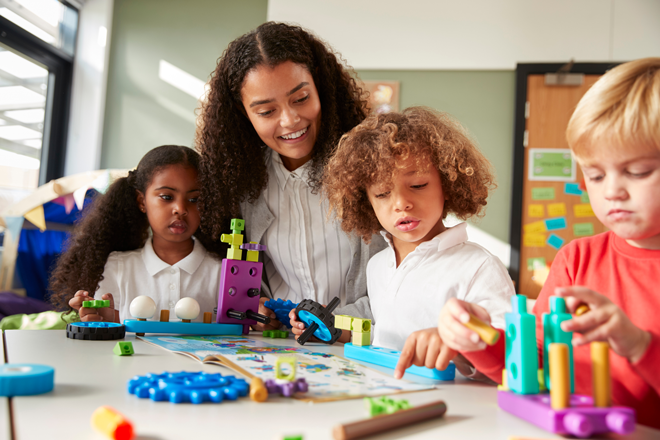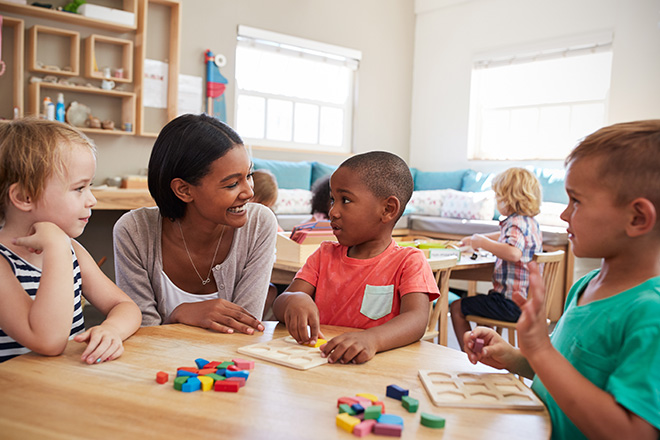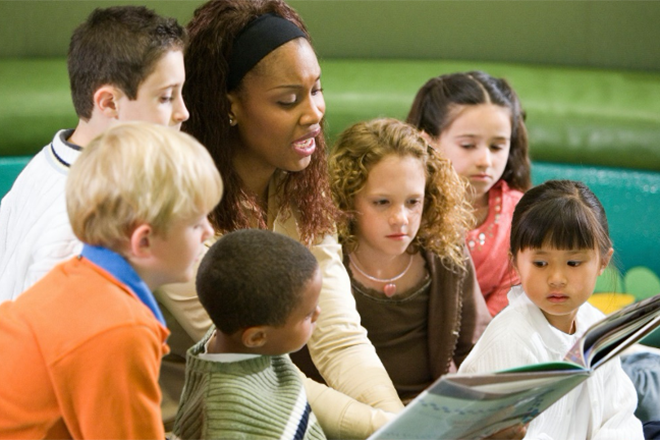Reading with young children is more than just a bedtime routine, it can be an opportunity to support their learning and development. Sharing a book can spark meaningful conversations about emotions, relationships, and challenges. When you pause to wonder why a character is upset, explain what is happening, or listen to a child’s questions, you’re … Continue reading Stories that teach: How reading books can support your child’s emotional growth
Practice-based coaching (PBC) promotes a strong collaborative partnership between teachers and coaches to facilitate the use of effective instructional practices. The PBC process includes skills instruction on BEST in CLASS practices, shared goals and action planning, implementation support, classroom observation, and reflection and feedback.
(NASP 2022) This presentation described results from an effectiveness study of the Tools for (NASP 2022) Getting Along (TFGA) social problem-solving program. Findings show robust positive effects of TFGA on social–emotional and behavioral outcomes of Grade 4 students in geographically and demographically diverse areas.
SRI Education researchers are conducting an evaluation of the Pyramid Model, a three-tiered framework that supports early childhood education (ECE) teachers in preschool classrooms. The main goals of the Pyramid Model are to support ECE teachers as key figures in promoting the social-emotional skills and competence of children with and without disabilities so that all children can learn, develop, and grow in a positive and safe environment.
After over a full year of school closures, several teachers and school administrators are busy preparing for the long-awaited return to in-person classes this fall. But while worries of student learning-loss, momentum, and social-emotional well-being remain at the forefront of parent and school administrators’ concerns, the significant impact that this past year had on teachers cannot be overlooked.

